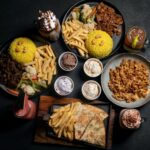Well Now Explorer January 2021
Live zoom session Mondays 07:00 – 8.30pm.https://us02web.zoom.us/j/85804373584
Meeting ID: 858 0437 3584 Passcode: 078019
Activity One
Well Now Cycle
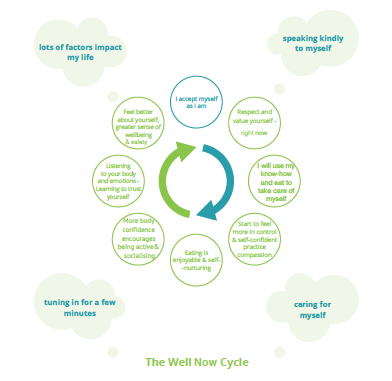
This teach sheet summarises a cycle that gets energised when we engage with ourselves from a place of acceptance and respect. What’s your take on it?
Activity Two
Eating and Wellbeing
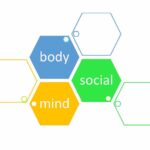
Can you name some of the pieces you are puzzling together to find out what eating for wellbeing means for you? How have food and eating been life-affirming for you? Are there food stories you live by that have been vital to your survival or coping and now no longer serve you well?
Of course everything is inter-linked! But to be practical I have separated out some topics:
Why is body important?
How does your mind play a role?
What about social context? Interconnection?
What other topics go in the blank pieces for you?
What does eating for wellbeing, or having a peaceful or healthy relationship with food, mean for you? If it it more useful for you to move away from a focus on ‘health’ you could try thinking about food and body sovereignty, or eating as life-affirming, or anything else that seems like it could be relevant.
It might be useful to write a definition. One way of doing this is first, to write a list of what’s important to you around food and eating. Second, check this against your puzzle pieces to make sure you’ve covered what matters. Three, string everything together into a few sentences.
Activity Three
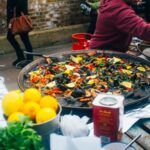 Making Sense of Nutrients and Interconnections
Making Sense of Nutrients and Interconnections
This is an example of how our approach to understanding influences what we count as important. I have used heart health as the topic.
Have you heard the phrase ‘Mediterranean Diet’? It’s often used in connection with heart health. People living across an area of Europe referred to by nutritionists as ‘the Mediterranean’ have relatively low rates of heart disease in the population as compared to people living in other areas of Europe. Public health practitioners teach that the difference is down to factors in the diet.
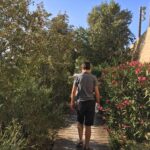
In this context, the geographical area of the ‘Mediterranean’ includes countries like Spain and Italy.
The questions that follow are designed to help you spot misleading gaps and assumptions in mainstream and sidestream nutrition information.
- Can you guess, or remember, what the conventional explanation is for the benefits of the Mediterranean diet?
- In other words, what foods are thought to account for the improved heart health?
- Are there specific nutrients within these foods that can explain their impact?
- Are there any foods ‘missing’ from the Mediterranean diet whose absence also improves heart health?
2. What do you know about attitudes to food in Mediterranean countries?
- What is valued?

- Could this influence wellbeing?
3. Is the cultural approach to meals, food, and eating the same in ‘the Mediterranean’ and the UK, for example? If not, what’s different? Could this be relevant to wellbeing?
4. There’s a high demand for the export of olive oil because of purported benefits for heart health. What are some wider consequences of this?
5. Is there anything else about the land, beliefs, culture, diet of people living in the Mediterranean that could be contributing to enhanced heart health as compared to non-Mediterranean countries?
6. Can ‘the Mediterranean diet’ exist in a meaningful way outside of the Mediterranean?
Activity Four
Activity Five
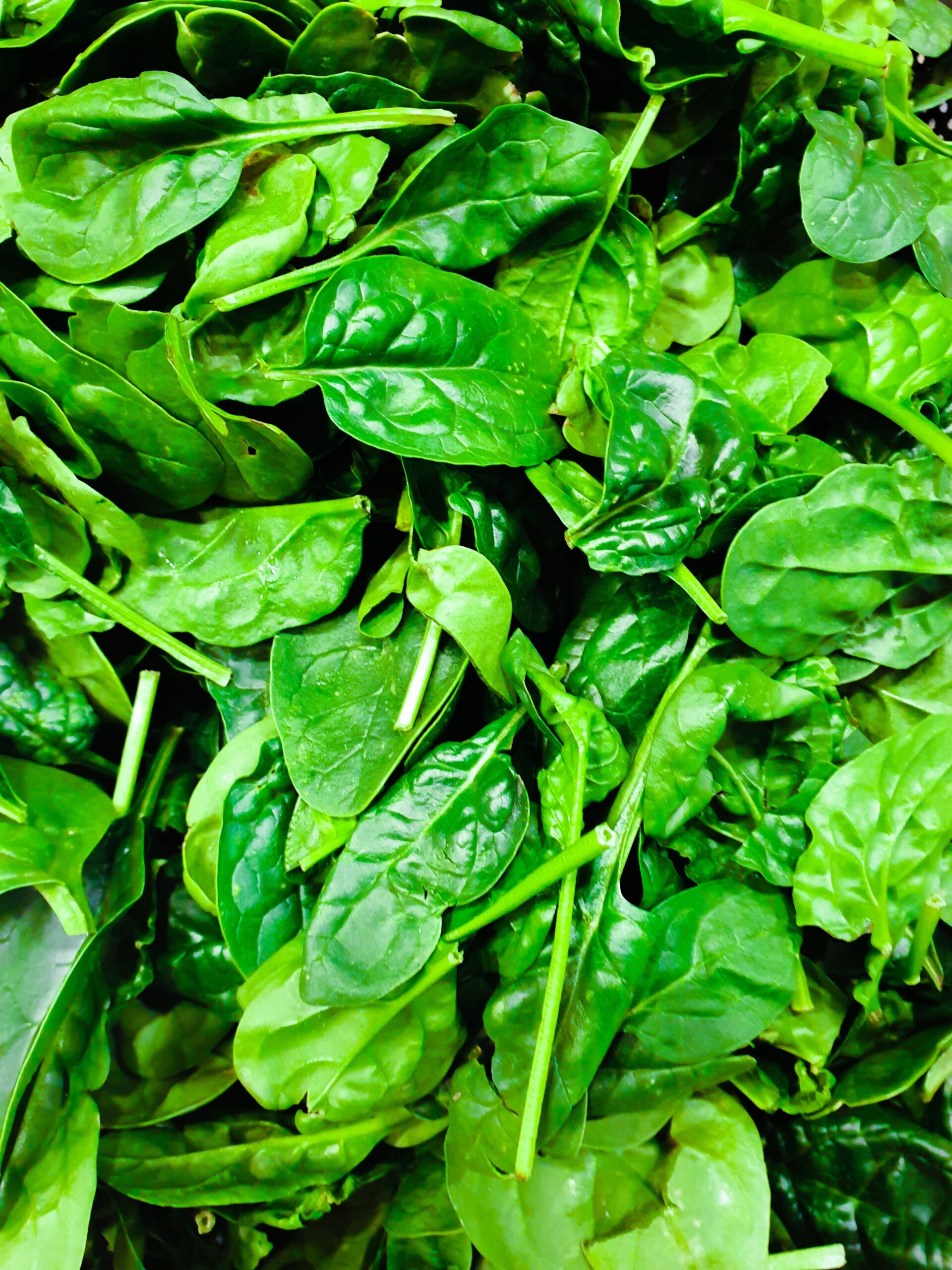
We don’t go into detail about nutrients in this Well Now Explorer course because too much information at once can confuse things. The first thing is to get used to feeling safe around eating and exploring your story.
- In the UK the general adult population are advised to eat oily fish once a week in order to consume sufficient omega-3 fats.
- More specifically, international nutrition organisations (Food and Agriculture Organization of the United Nations (FAO) and the European Food Safety Authority (EFSA) suggest a long-chain omega-3 fat (EPA and DHA) intake of 250 milligrams per day for adults.
- If you don’t eat fish there are plant sources of omega 3 and the advice is to include these every day.
There is information from the Vegan Society here.
Plant sources (ALA) are:
- Rapeseed, canola, walnut, soya, flax (linseed) oil
- Ground or crushed linseeds, flax or pumpkin seeds
- Walnuts, pecans, peanuts, almonds
- Soya beans and tofu
- Dark green leafy vegetables & whole grains
- Sweet potato
- Using rapeseed, canola, or olive oil instead of sunflower, corn or safflower oil helps the body use ALA.
-
Other non-meat and non-fish sources include omega-3 enriched foods – for instance eggs, milk, yogurt and yogurt drinks. Omega-3 content varies greatly.
Activity Six
Why We Eat What We Eat
Can you find a paper plate? Or a sheet of paper will do, and ideally a pen too.
We’re exploring reasons for eating. In other words, why do you eat what you eat? Do you eat similar things every day? Are there foods you have at the weekend that you don’t have in the week? Why did you eat what you last ate? Same things all year or different? Think about what influences people’s eating in general, beyond your own life too if you like: why does anyone eat what they eat?
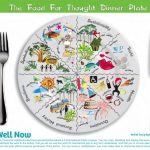
Use the plate to write your answers on. This is stage one of the activity.
If you want to open the topic further you can sit with the idea of identity and food choice. If you weren’t able to eat as you wish, would this impact your sense of self in any way? What does it mean to you to eat like you do? Identity can be around anything that’s important to who you are, such as class, gender, faith, heritage, and much more.
We’ll do stage two together in the live session ~ please have your plate with notes handy!
Activity Eight
A Recurring Reminder to Go Gently
Remember, some of these questions might land deeply and feel unsettling. It’s fine to be unsettled – we need this for change to happen. It’s also true that there’s a point at which we can be too unsettled to engage with learning, which clearly isn’t helpful. We need a steady place in ourselves to return to (the body awareness exercises will help with this) as we adjust to new ways of being with food, emotions, knowledge and so on. 
The most important thing for the learning and healing that’s happening here is that you explore your feelings and beliefs. This means being able to engage, and this means pacing yourself. Don’t worry about doing everything that’s suggested, amount doesn’t matter. It’s more important that you can be present with whatever you do, even for a short time and even for a tiny amount.
Last question, what are you looking forward to? Have you got any treats planned? If not, now is a great time to put something in your diary!
See you soon ~

